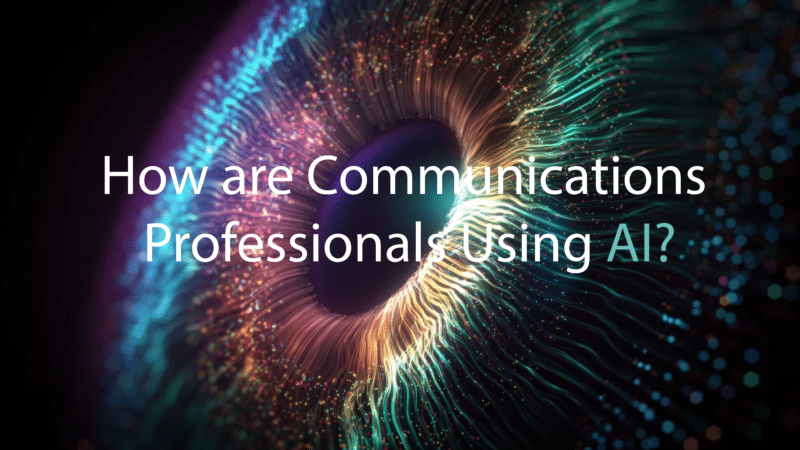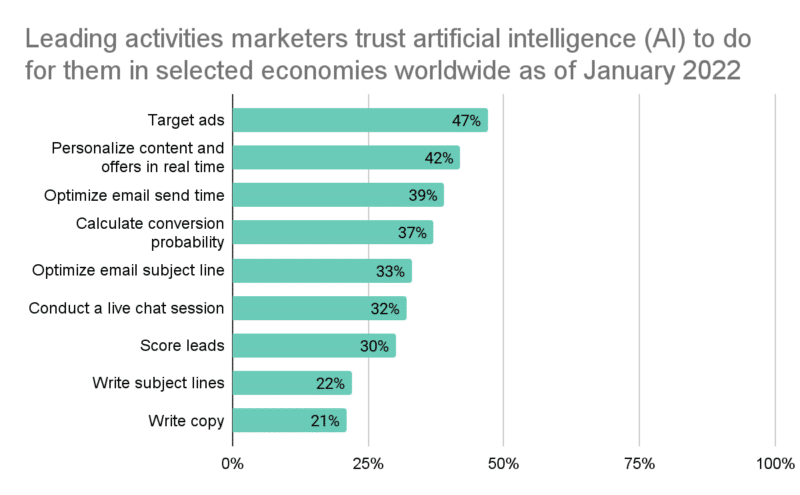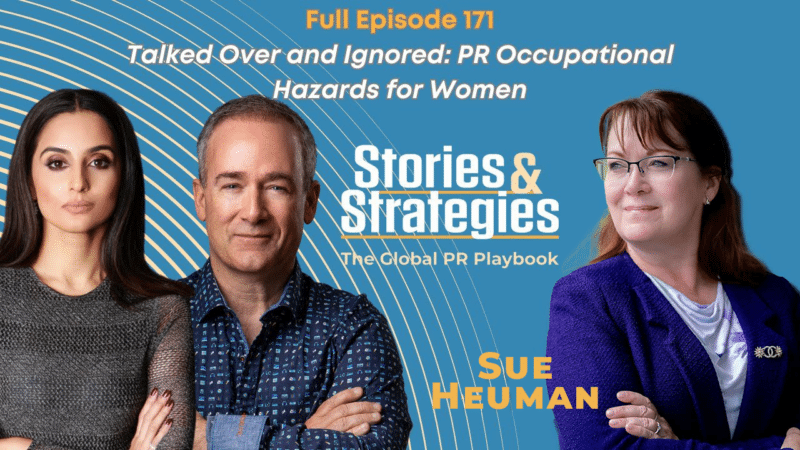
The entertainment industry has shaped our modern understanding of artificial intelligence. Malevolent machines set out to destroy humanity, such as the T-800 from the Terminator movies or HAL 9000 from 2001: A Space Odyssey, is often what we think of when we picture AI.

While AI is not (currently) trying to eradicate humanity, there are genuine concerns about the technology’s use and how it could hurt careers in various industries. Self-driving cars could eventually take jobs away from truckers. AI could eventually be used to draft lengthy documents such as contracts, and it could even be used to write scripts for movies and TV shows.
Whatever your thoughts on the technology are and how it could impact various job markets, the fact remains it is being used. Artificial Intelligence is a genie that can’t be put back in the bottle once unleashed. But since the technology is out there and is being adopted by the industry, what is it used for in the communications world?
AI in Communications
According to a new report by the USC Annenberg Center for Public Relations, the majority of Communications leaders stated content creation was the most frequently used application for AI in day-to-day coms work. The most popular content created by the technology in condescending order was:
- Emails
- Executive Summaries or key findings
- Social Media posts
- Articles
- Blogs
- Press releases
- And presentations
(SOURCE: USC Annenberg)

AI in Marketing

(GRAPH: STATISTA)
Statista, citing a separate survey, found that marketers tend to use AI differently. Marketers seem to use AI to tweak, personalize, or target their ads rather than having AI generate the entire ad copy content. Marketers use AI to focus their existing creative rather than using it to generate content.
Fears about Artificial Intelligence
Another interesting finding in the aforementioned USC Annenberg report was communications professionals’ hesitations about using AI.
The top two fears were:
- Factual errors and misinformation
- Fake information or disinformation

I addressed this in my last blog post when discussing how CHATGPT could be used for research purposes. The technology behind the popular AI programs is still in its infancy, and the information provided may only sometimes be accurate.
One of my public relations university professors taught us that the essential pillars of communication are verifying and validating the information that is released to your audiences. Good, reliable information is vital to building an organization’s credibility and creating trust with an audience. However, releasing information that isn’t true or only partly true can tank an organization’s credibility.
When using artificial intelligence tools, verifying the facts that the AI is gathering and doing further independent research to validate the findings is essential.
Final Thoughts
While Artificial Intelligence has opened the floodgates of exciting marketing and communications applications, it is interesting to note how the technology is being used and why professionals are reluctant to integrate it into day-to-day work operations. While AI can be used as a content-creation tool, the information it delivers isn’t always accurate. Since credibility is essential to the communications industry, it makes sense that professionals would want to take a slow, cautious approach to adopting AI rather than destroy their credibility with disinformation.
Artificial intelligence is not creating robots to destroy humanity; however, it could discredit the communications profession if we rely on it too heavily without verifying and validating its information sources.
Do you use AI in your workplace?






